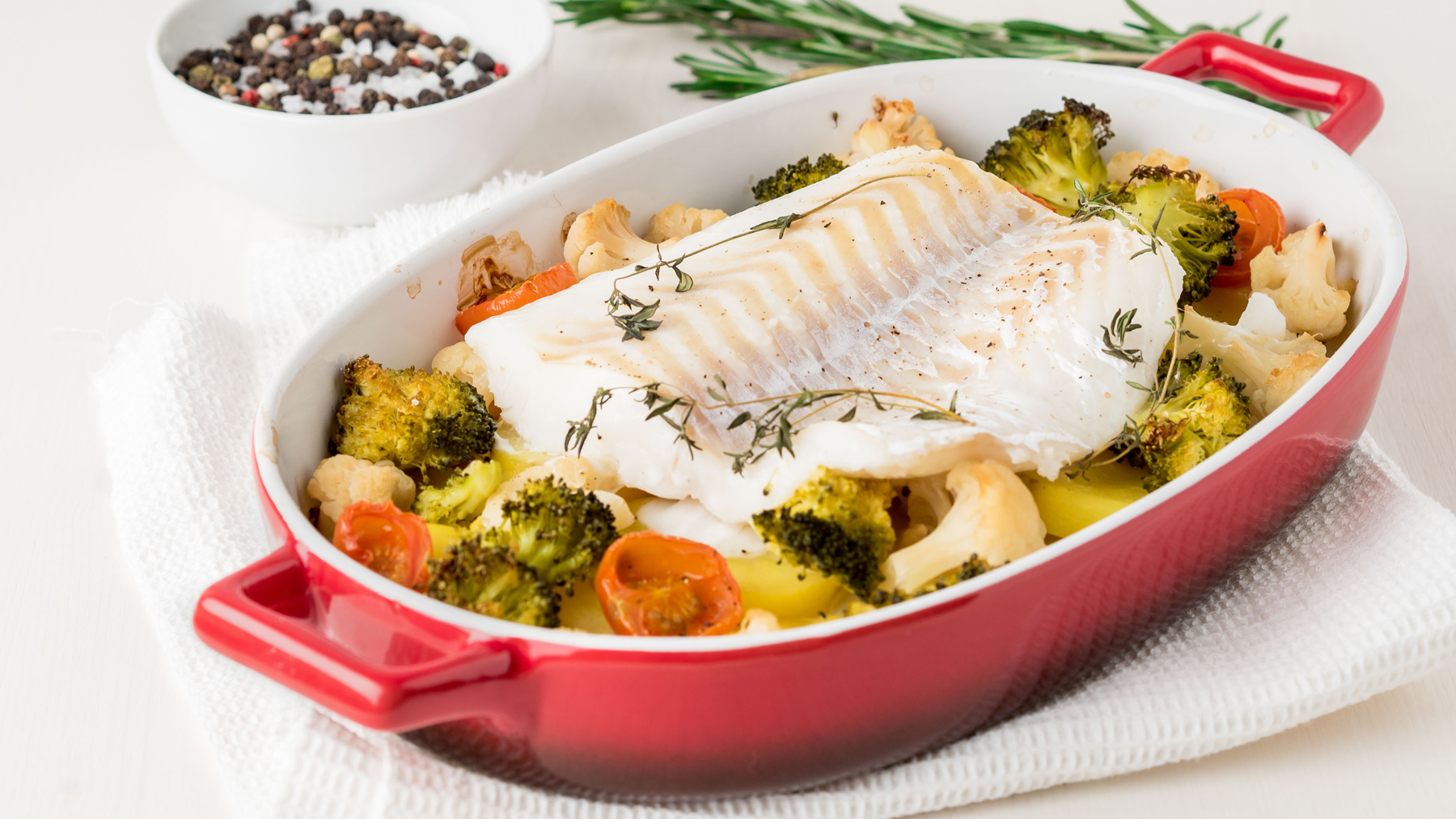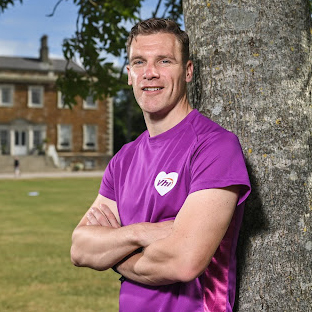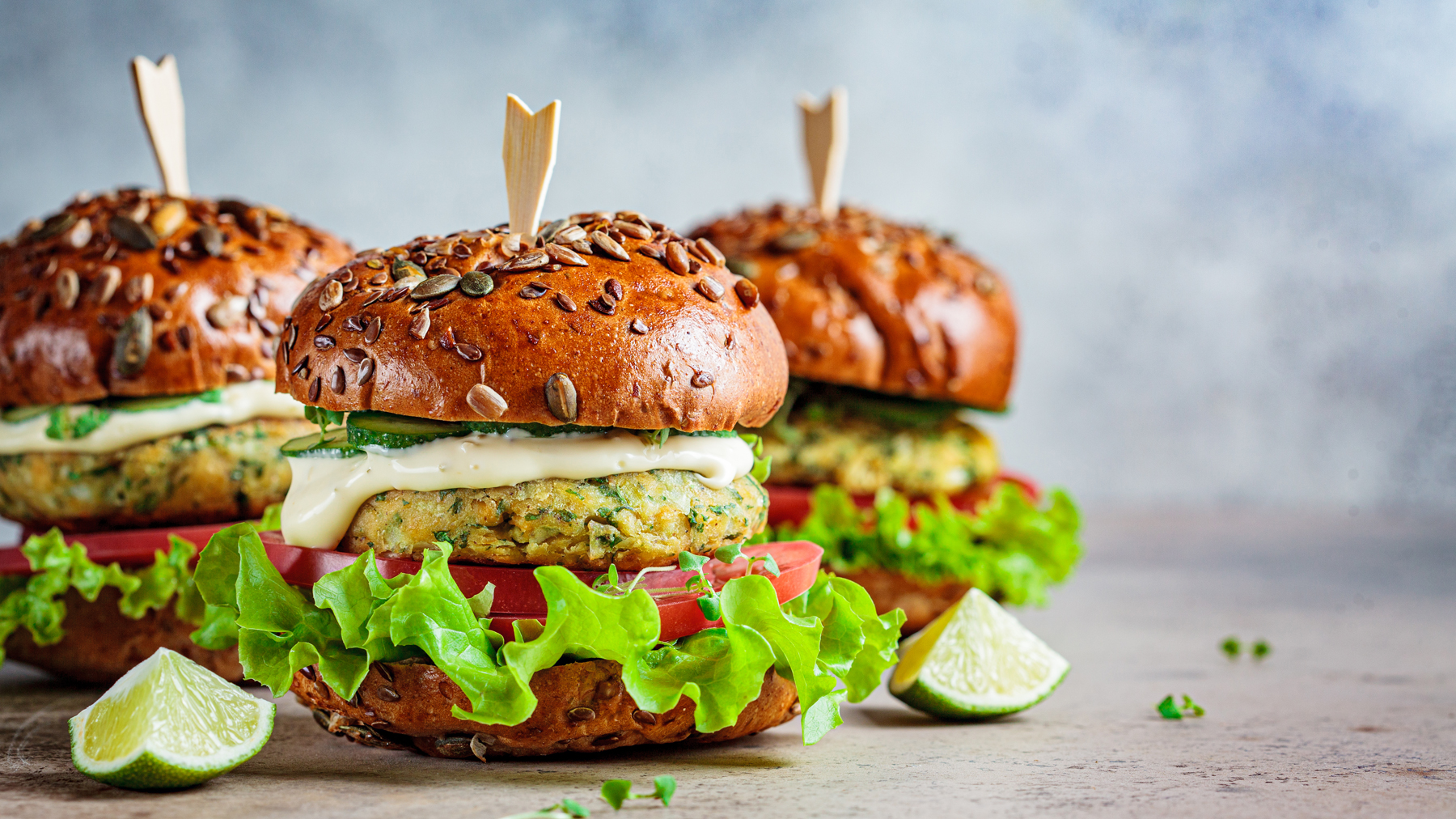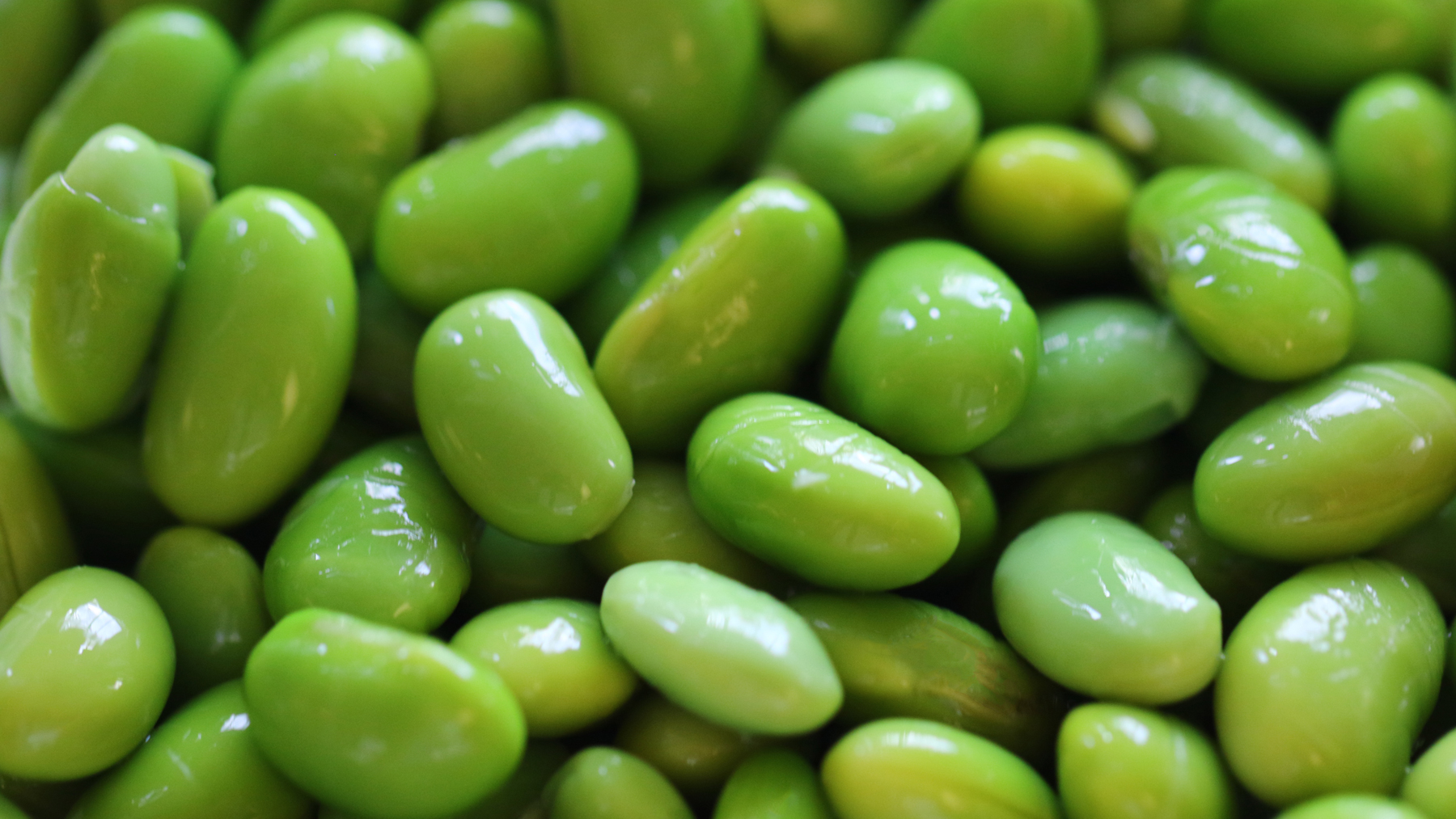
Did you know there are many different types of protein? Most of us know that protein is one of the three essential macronutrients (alongside carbohydrates and fats) that our bodies need for proper function. Protein is the thing that gives our bodies structure, helps us to heal when we’ve been hurt and even helps us to grow when we’re children.
Certain types of protein, called antibodies, also support our immune system and enzymes are a type of protein that carry out chemical reactions in cells. All of these different types of proteins are made up of amino acids, which are extracted from protein-rich foods when we eat and transported around the body for use. There are nine different essential amino acids, with twenty types of amino acid that we use overall. Our bodies cannot make essential amino acids, so we must get these from our food.
When you’re putting in extra hours at the gym, the best protein powder for weight loss can help increase your protein intake while supporting healthy weight loss.

Roxana Ehsani, MS, RD, CSSD, LDN is a board-certified specialist in sports dietetics and a National Media Spokesperson for the Academy of Nutrition and Dietetics. She holds a Bachelor of Science in Human Nutrition, Foods and Exercise from Virginia Tech and a Master of Science in Clinical Nutrition and Dietetics from the University of Pittsburgh and completed her dietetic internship at the University of Pittsburgh Medical Center.

Dr Brian Carson is a senior lecturer and researcher in Exercise Physiology at the University of Limerick with interests in metabolic health and human performance. He graduated with a first class honours BSc. in Sport Science and Health from the School of Health and Human Performance at Dublin City University in 2005.
What is protein?
We spoke to Roxana Ehsani, a registered dietitian nutritionist and national media spokesperson for the Academy of Nutrition and Dietetics, who broke down the basics of protein.
“Protein is one of the three macronutrients (carbohydrate, fat - are the other two macronutrients) we need to consume each day. Protein is made up of small units called amino acids”, she says, “Our body needs proteins, as they are the building blocks of muscle mass. They help maintain, help grow and help repair tissues and cells inside our bodies. Proteins also work to carry substances through your bloodstream like transport nutrients or help carry oxygen to your tissues.”
A review in the journal Food Function indicates that protein deficiency can lead to stunted growth, weakness, heart problems and lowered immunity. This is due to the role amino acids play in immune health, growth and replacement of damaged cells.
Dr Brian Carson, co-founder of Whole Supp and a lecturer in the department of Physical Education and Sport Sciences at the University of Limerick, explains how much protein we need for proper function. “The current RDA for protein is 0.8 grams of protein for every kilogram of body mass. For example, an individual with a mass of 70 kg should consume at least 56 grams of protein per day,” he says.
Start your week with achievable workout ideas, health tips and wellbeing advice in your inbox.
“However, there is a consensus building that this target is too low, particularly in athletic populations looking to grow muscle and a move towards a recommendation of 1.2 grams of protein for every kilogram of body mass is required.”

What are the different types of protein?
We can get dietary protein from many different sources, some of them from animal products and others from plants.
Animal sources include:
- Chicken
- Fish
- Red meat
- Dairy
- Eggs
Plant sources include:
- Legumes
- Nuts
- Seeds
- Soy products such as tofu
- Whole grains
Generally, animal products contain all nine essential amino acids that our bodies need, making them ‘complete’ proteins. However, some soy products, such as tofu and edamame also contain all nine and are also considered to be complete proteins, according to an article in Nutrients journal, meaning they are a great source of protein for vegans and vegetarians.

Why is it important to eat proteins?
Ehsani tells us that our bodies use proteins to get amino acids, which it can then use for growth and repair. “When we eat protein rich foods, for example a piece of fish, our body breaks down that protein into amino acids, and then absorbs it,” she explains. “It can be then used in various ways, it may be used to help rebuild our tissues, or used to make hormones or burned off to be used as energy.”
The amino acids we get from dietary proteins have a wide variety of roles in the body that you might not expect. Amino acids Tryptophan, Tyrosine and Phenylalanine make up the neurotransmitters responsible for our mood and regulating important functions such as appetite and sleep, as seen in a Journal of the American Dietetic Association review.
Carson tells us that post-exercise protein intake is important for muscle recovery. “Post exercise meals should generally be high in protein,” he says. “This promotes muscle protein synthesis to help our muscles recover and adapt following exercise. This is especially important after resistance exercise training.”
What is the healthiest form of protein?
Some of the healthiest diets in the world, such as the Mediterranean diet, are rich in lean protein sources such as fish, which is high in other nutrients, essential fatty acids and low in saturated fat, as well as eggs and chicken. Our easy five-day mediterranean diet meal plan also features plant-based protein sources such as peppers stuffed with rice and beans. Although rice and beans are incomplete proteins on their own, when eaten together they provide all the essential amino acids you need.
Ehsani explains that lean protein is always the better option over red or processed meats, and that a mixture of plant and animal proteins can support good health. “Lean cuts of protein are always better, as they will typically contain less saturated fat than other cuts of protein,” she says.
“Choosing a mixture of plant-based sources of protein along with lean cuts of animal sources can make for a healthy diet. So for example you don’t need to include an animal source of protein at each meal to consume enough protein, you can also get it from consuming tofu at a meal or black beans at another meal or including greek yogurt in your smoothie or at breakfast time instead of a breakfast meat, for example. So there are plenty of healthy sources of protein you can consume throughout the week.”
Is it better to get protein from food or powder?
The best protein powders can help you to lose weight and gain muscle, but is a processed powder really the best way to consume protein, and is there a difference between plant protein vs whey protein?
For those of us with a high protein requirement, protein powders can offer a convenient and budget-friendly way to meet our protein requirements. Ehsani tells Fit&Well that food sources are generally better, as they are rich in other nutrients, but that protein powders can also support healthy protein intake.
“Food sources of protein are always preferred over powders. You can use powdered form when traveling or away from a fridge. When you consume a food source of protein you are getting many more nutrients from that food than when you consume it in powder form,” she says.
“For example, let’s say you eat a piece of Wild Alaskan Salmon, you are not only getting a high-quality source of protein, but you are also getting omega 3 fatty acids, which can support brain health and are anti-inflammatory. You are also getting plenty of vitamins and nutrients like vitamin D, vitamin b12, and selenium. So when in doubt, I’d prefer food over powder.”

Lou Mudge is a Health Writer at Future Plc, working across Fit&Well and Coach. She previously worked for Live Science, and regularly writes for Space.com and Pet's Radar. Based in Bath, UK, she has a passion for food, nutrition and health and is eager to demystify diet culture in order to make health and fitness accessible to everybody.
Multiple diagnoses in her early twenties sparked an interest in the gut-brain axis and the impact that diet and exercise can have on both physical and mental health. She was put on the FODMAP elimination diet during this time and learned to adapt recipes to fit these parameters, while retaining core flavors and textures, and now enjoys cooking for gut health.
